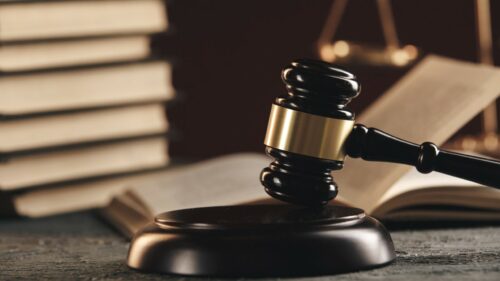
Alabama thinks gambling is a public nuisance as state sues operators
Alabama has been debating approving commercial casinos that could compete with the two now operating federally-authorized tribal casinos. Despite many legal markets and decades of country-wide practice, the state maintains that the safest course of action is to undertake yet another gaming analysis before going forward.
Meanwhile, there are a variety of casino halls selling automated bingo machines and the fact that they are being prosecuted by the government for being a "public nuisance" appears to show how politicians actually feel about legalized gambling.
There are three electronic bingo halls, one in Macon County named VictoryLand and two in Lowndes County, White Hall Entertainment and Southern Star Entertainment, that have come under scrutiny in the last couple of years. Those lands, threatened by state officials and regulators, have invested years in court, defending themselves and winning most of the way. That, though, ended last week when a lower court ruling was reversed by the Alabama Supreme Court that the state court system t has the jurisdiction to settle the matter.
At the heart of the case was the contention that the establishments could not be a public nuisance if the two tribal casinos, both on private property operated by the Creek Indians' Poarch Party, were permitted to run with immunity and not considered a nuisance.
The Defendants had claimed in previously demanding that the cases be dropped, "the wind creek casinos run freely and famously, and are several times bigger. 'Indian gaming is lawful or unlawful is meaningless to state arguments because legitimate action can also be a public nuisance.' as an indication of jurisprudential difference, each lower court decided that not having tribal casinos would ultimately lead to a defeat of the case, as these can be regarded as 'indispensable parties' because they offer the same form of gaming.
However, after struggling to get their way in the courts, politicians brought their battle to the Supreme Court, which found that the crucial party case was invalid, and that the state should decide if the bingo parlors were really a public nuisance. for years, the businesses were able to slip while working in such a grey environment.
Alabama law forbids recreational gaming, but permits bingo for charitable causes as long as it is for such. Reportedly, the three facilities offer up a large portion of their focus on non-profit groups, which has helped them to remain going. However, as the problem now goes to the Alabama Supreme Court, their future may not be as secure, and the whole picture for a controlled state-owned gaming business may still be a little uncertain.





